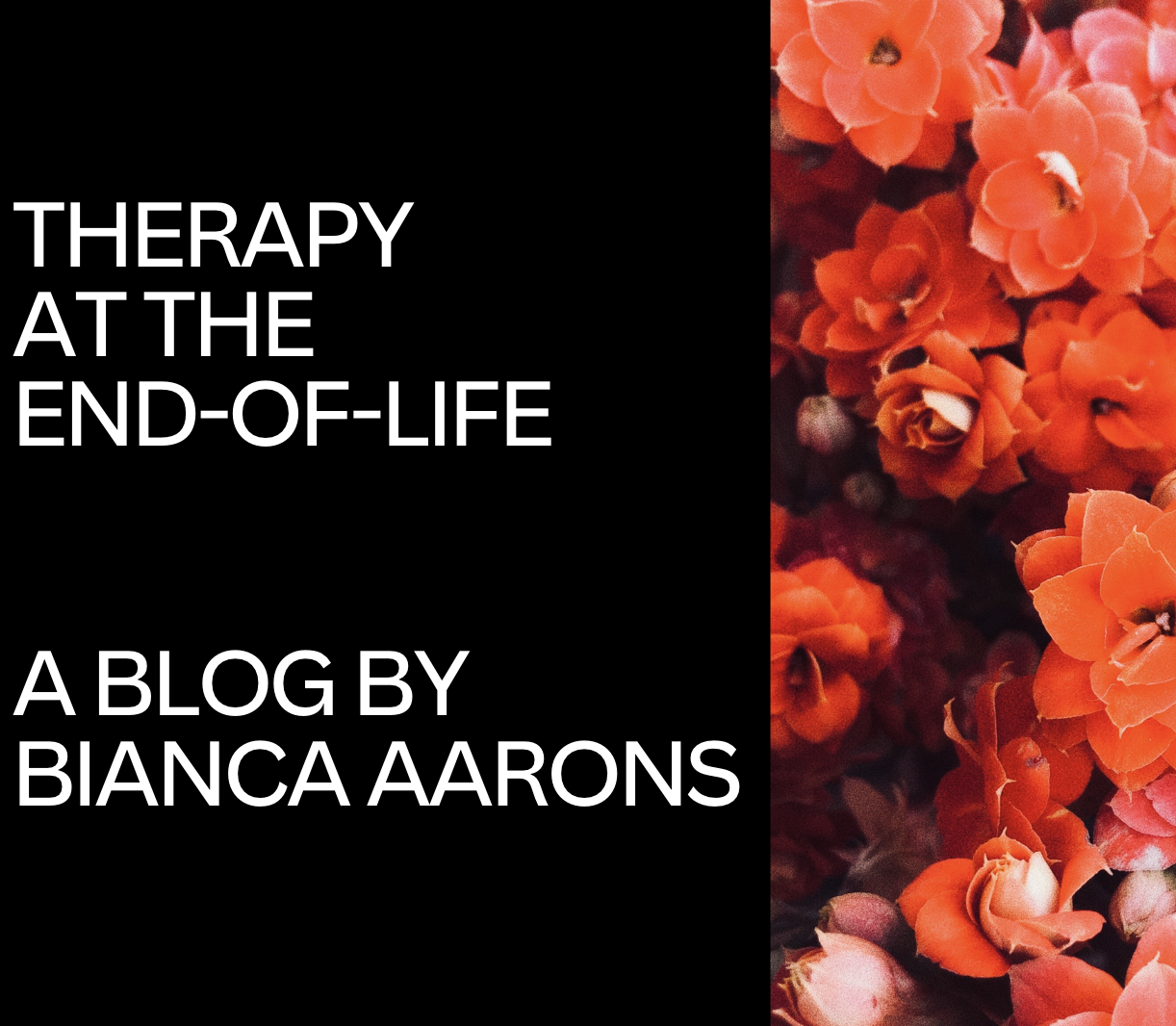
Healing Through Therapy: Overcoming Sexual Abuse Trauma in San Francisco
Sexual abuse is a deeply distressing experience that can leave lasting scars on individuals. In the vibrant city of San Francisco, there are numerous resources available for those seeking support and healing. Therapy plays a crucial role in helping survivors of sexual abuse navigate their trauma, rebuild their lives, and regain a sense of control.

What's The Deal With Psychedelic Assisted Therapy?
Explore psychedelic integration and its role in processing therapy experiences. Gain insights on healing and self-discovery with licensed therapist Bianca Aarons.

Therapy at the End of Life
End-of-life therapy in San Francisco offers a supportive space for individuals facing terminal illness to process grief, fear, and acceptance. It helps navigate the emotional challenges of transitioning, balancing personal reflections with the needs of loved ones. Through compassionate guidance, therapy fosters dignity, meaning, and emotional peace in life's final stage.
